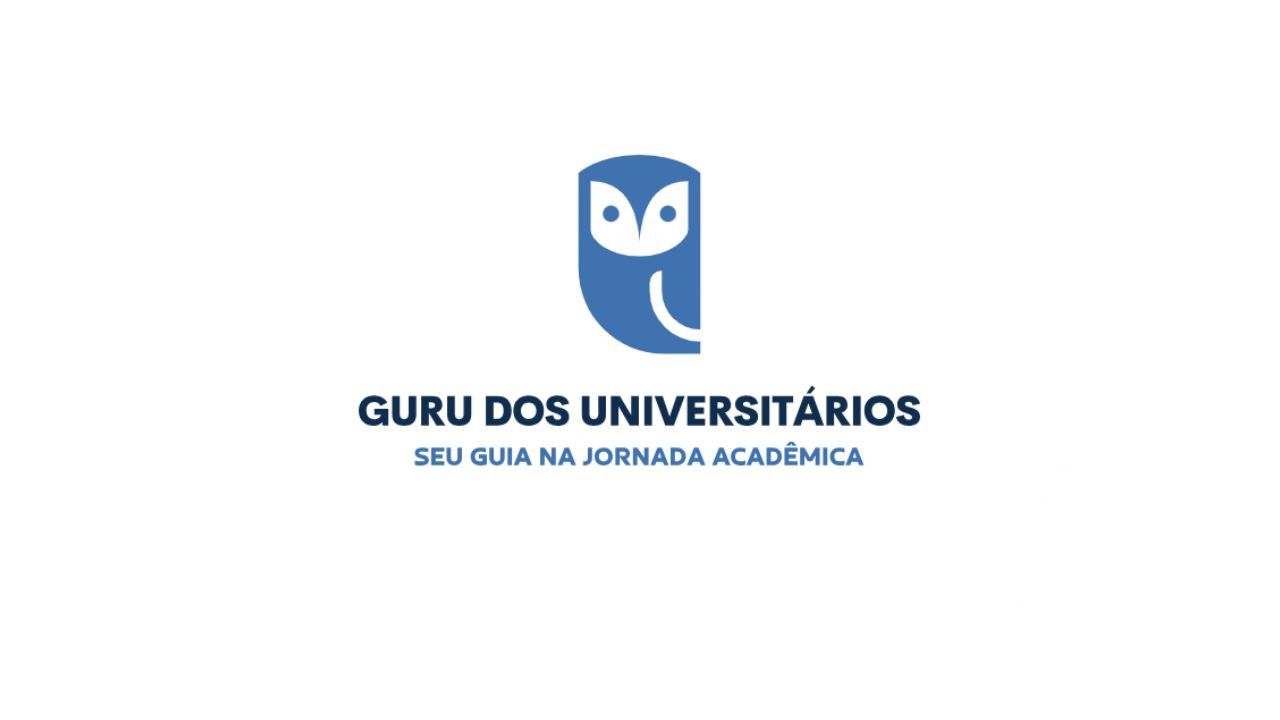Navigating the Brazilian Education System: A Guide for University Students
Understanding the Brazilian Education System
Brazil's education system is vast and complex, offering a plethora of opportunities for university students. Navigating through it can be challenging, especially for international students unfamiliar with its structure. This guide aims to provide a comprehensive overview to help you successfully manage your educational journey in Brazil.

The Structure of Higher Education
Brazilian higher education is divided into undergraduate and postgraduate levels. Undergraduate programs typically last from three to six years, depending on the field of study. Postgraduate education includes specialization courses, master's degrees, and doctoral programs. Understanding the structure is crucial as it varies significantly from other countries.
Public universities in Brazil are highly regarded and offer free tuition to Brazilian and permanent resident students. However, gaining admission requires passing a competitive entrance exam known as the Vestibular or the National High School Exam (ENEM).
Choosing the Right University
With numerous institutions to choose from, selecting the right university can be overwhelming. Consider factors such as the university's reputation, course offerings, faculty expertise, and location. Public universities like the University of São Paulo and Federal University of Rio de Janeiro are renowned for their academic excellence.

Admission Process
The admission process for Brazilian universities can be intricate. For international students, it often involves validating previous academic qualifications and demonstrating proficiency in Portuguese. Some universities offer programs in English, but a basic understanding of Portuguese will significantly enhance your experience.
The application deadlines and requirements vary between institutions, so it is essential to check each university's specific guidelines. Additionally, international students may need to apply for a student visa, which requires proof of admission and financial stability.
Understanding the Academic Culture
The academic culture in Brazil may differ from what some students are accustomed to. Lectures are the primary mode of teaching, but participation in discussions is encouraged. Building relationships with professors and peers is important, as networking plays a significant role in academic and career advancements.

Financial Considerations
While public universities offer free tuition, the cost of living in Brazil can vary greatly depending on the city. Students should budget for accommodation, food, transportation, and study materials. Scholarships and financial aid options are available for both local and international students, providing some relief to those in need.
Part-time work opportunities are also available for students, though it's important to balance work with academic responsibilities effectively.
Embracing the Experience
Navigating the Brazilian education system is as much about adapting to a new cultural environment as it is about academics. Embrace the opportunity to immerse yourself in Brazil's rich culture, learn the language, and engage with local communities to make the most of your university experience.
By understanding the nuances of the Brazilian education system and preparing accordingly, students can embark on a rewarding educational journey that opens doors to numerous personal and professional growth opportunities.
